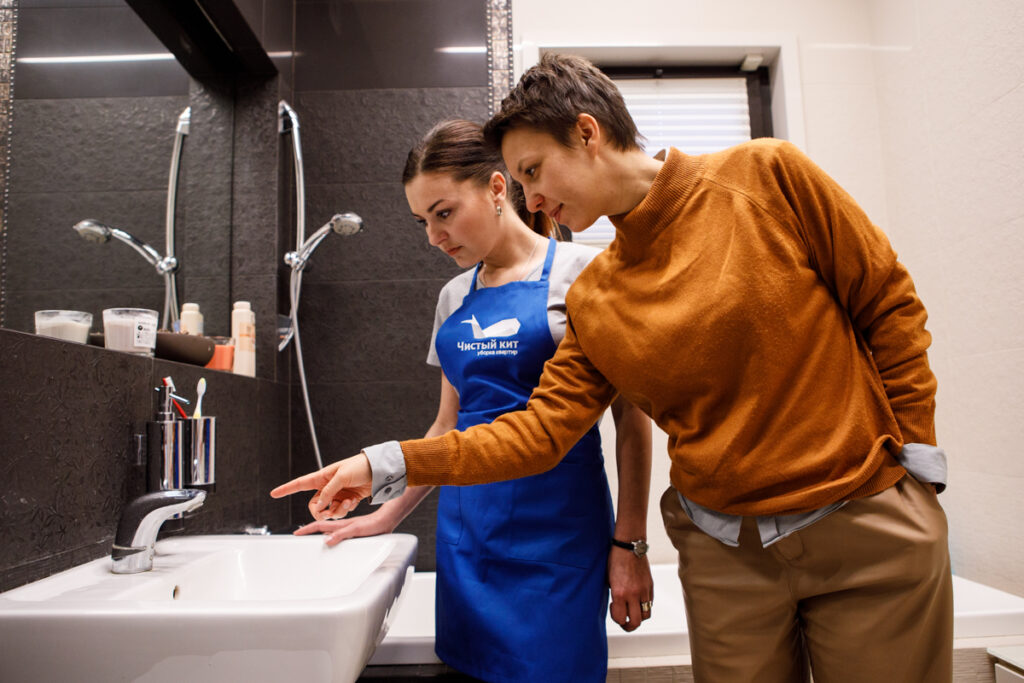Unlocking Earnings: How Much Do House Cleaners Make in Germany?
In recent years, the demand for house cleaning services has surged across Germany, driven by busy lifestyles and the growing trend of outsourcing household chores. But how much do house cleaners actually make in Germany? Understanding their earnings not only helps aspiring cleaners gauge potential income, but it also aids employers in setting competitive wages. In this comprehensive guide, we will delve into the factors that influence a house cleaner’s salary in Germany, provide answers to frequently asked questions, and offer insights into this burgeoning sector. With resources like Cleanwhale.de at your fingertips, you can gain a competitive edge whether you’re hiring a cleaner or considering a career in this field.

How Much Do House Cleaners Typically Earn in Germany?
The earnings of house cleaners in Germany can vary widely depending on several factors, including location, experience, and the scope of services offered. On average, a house cleaner can expect to earn between €10 and €15 per hour. In larger cities such as Berlin, Hamburg, and Munich, the hourly wage can reach up to €20—reflecting the higher cost of living and greater demand for cleaning services.
Factors Influencing a House Cleaner’s Salary
-
Location: As noted, location plays a crucial role in determining how much house cleaners earn. In metropolitan areas, the demand for cleaning services is high, often resulting in higher wages. Conversely, rural areas may offer lower rates due to lesser demand.
-
Experience: Like many professions, experience counts. Novice cleaners usually start at the lower end of the pay scale. With years of experience and positive client feedback, however, their earnings can significantly increase. Specialized cleaning services, such as deep cleaning or post-construction cleaning, can also command higher fees.
-
Type of Employment: House cleaners can work as independent freelancers, employed by cleaning companies, or through platforms like Cleanwhale.de. Freelancers might set their rates but must manage their client base, while employees usually receive set wages with potential benefits.
-
Service Scope: The range of cleaning services provided can influence earnings. Standard cleaning duties typically garner a lower rate than specialized tasks, such as carpet cleaning or after-event cleanup, which can earn a cleaner more per hour.
Common Questions About House Cleaners’ Salaries in Germany
What is the minimum wage for house cleaners in Germany?
As of 2022, Germany’s minimum wage is €9.60 per hour, which is a baseline that applies to many unskilled jobs, including house cleaning. However, most cleaners earn above this minimum due to the reasons previously mentioned.
What role do cleaning companies play in salary?
Cleaning companies often pay more than the minimum wage to attract and retain workers. They may also offer benefits such as paid time off, which independent cleaners do not typically receive.
Can cleaners earn more working for agencies?
Yes, agencies often pay better rates than independent contracts. However, this varies by agency; some may retain a portion of the earnings as service fees.
Are there any tips for house cleaners to increase their earnings?
Certainly! Cleaners can boost their income by:
- Upselling additional services: Offering extras such as window washing, laundry, or organizing can attract higher fees.
- Building a loyal client base: Regular clients may negotiate higher rates and give consistent work.
- Leveraging platforms like Cleanwhale.de: Utilizing established platforms can provide more visibility and access to a wider client base, which can lead to increased earnings.
Insights and Statistics on the House Cleaning Industry in Germany
The cleaning industry in Germany is substantial, employing over 600,000 people. A large percentage of these workers are engaged in private domestic cleaning services. Typically, women constitute about 75% of the workforce in this sector, and many juggle cleaning with other responsibilities, such as childcare.
Reports indicate that the cleaning industry is expected to grow by 8% over the next five years, driven by the increasing trend of outsourcing domestic help. This growth implies that opportunities for house cleaners—both in terms of employment and income—are on the rise.
Conclusion: Future Prospects for House Cleaners in Germany
Understanding how much house cleaners make in Germany is essential for both job seekers and employers. The industry presents a viable source of income, especially for those willing to invest in their skills and client relationships. With an average hourly wage of around €10 to €20, the potential for earnings can be enhanced through strategic choices about employment types, services offered, and leveraging online platforms.
As the world sees continued shifts towards prioritizing time and efficiency, the demand for professional cleaning services is likely to keep increasing. Significantly, platforms like Cleanwhale.de can provide a gateway for house cleaners to find clients, manage bookings, and build a lucrative business. Whether you are looking to hire a cleaner or become one, now is an ideal time to explore the possibilities within this growing market.
Remember, with dedication and the right resources, it’s possible to thrive in the cleaning industry in Germany! Keep these insights in mind, set realistic goals, and take proactive steps towards achieving your income aspirations.















